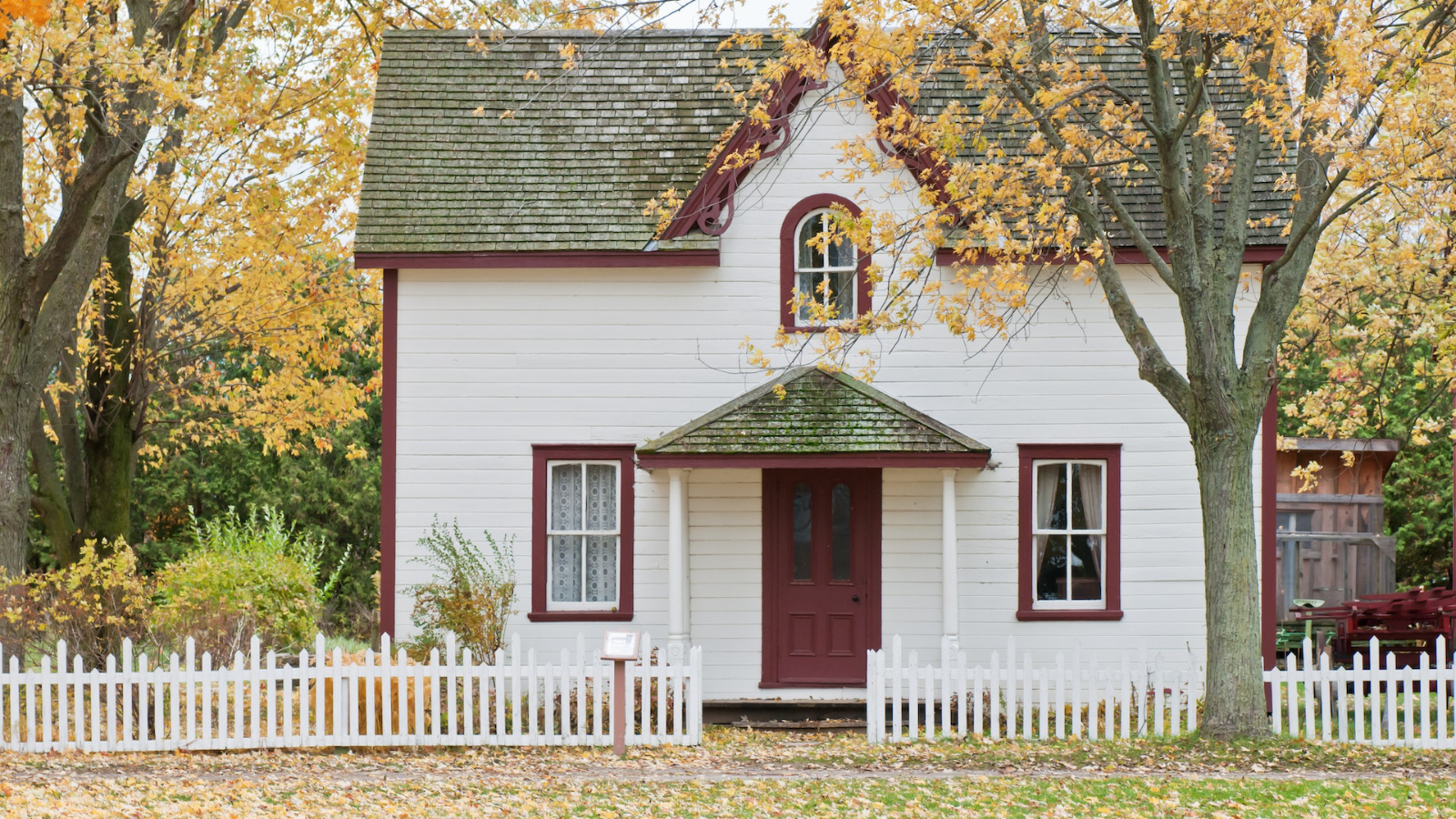Typically, inheriting property does not impose a tax liability on you as the recipient.
Inheritance Tax (IHT) is typically paid from the deceased person’s estate before distributing any cash or assets to the beneficiaries. For 2023/24 the basic threshold is £325,000. The current IHT rate is 40% for death transfers and 20% for lifetime gifts. However, certain assets may be subject to a reduced IHT rate if the deceased individual bequeathed 10% or more of their estate’s net value to a charitable organisation.
When you inherit a property, you generally do not have to pay Stamp Duty, Income Tax, or Capital Gains Tax. If any Inheritance Tax is due, HMRC will contact you accordingly.
It’s important to note that if you receive an inheritance, you may be liable for taxes on any profits or gains generated after inheriting the assets. For instance, Capital Gains Tax (CGT) may apply if you sell the inherited property.
The value at the time of death known as the probate value, becomes your CGT base cost and if the asset is sold for more than the probate value, the gain will be subject to CGT and tax may be payable. The 60 day reporting requirements mentioned above would apply if the inheritance is a residential property. Any stocks and shares sold for more than their probate value could also be liable to CGT. If inheriting the property results in owning two properties, it is necessary to inform HMRC about which property serves as your main residence within two years. Special regulations apply if the property is held within a trust.
Additionally, rental income derived from the property will be subject to taxation. Income tax will be due on any rental profits and must be included on your self assessment tax return.
Please keep in mind that tax laws can be complex, and it is always advisable to seek professional advice or consult with HMRC to ensure accurate compliance with tax obligations related to inherited property.

